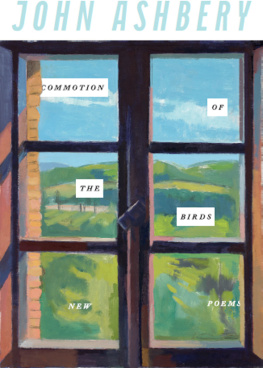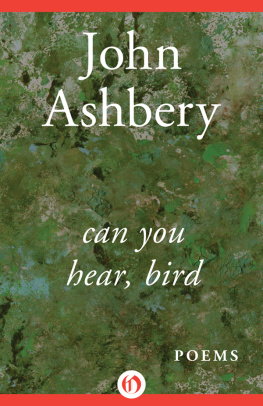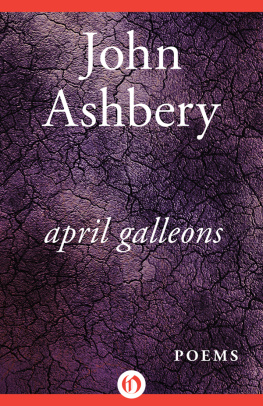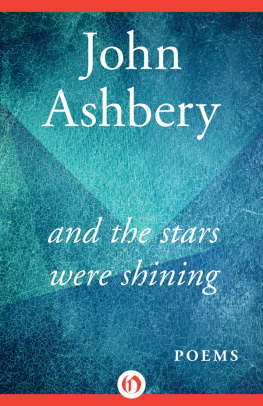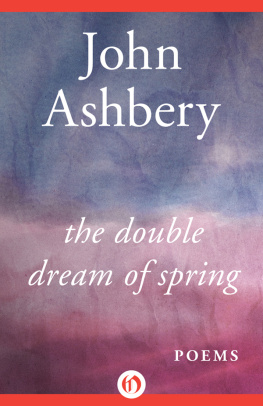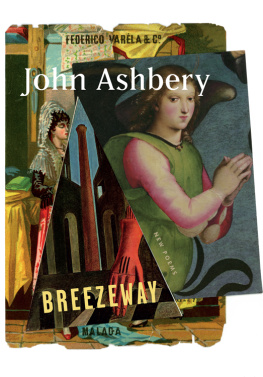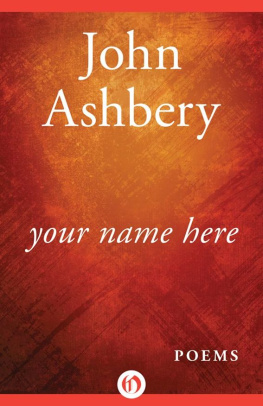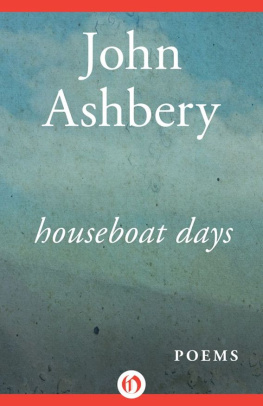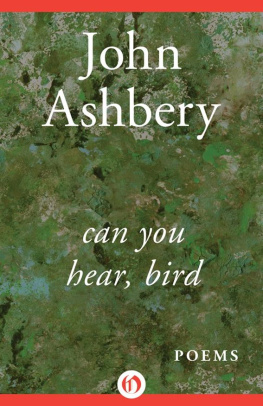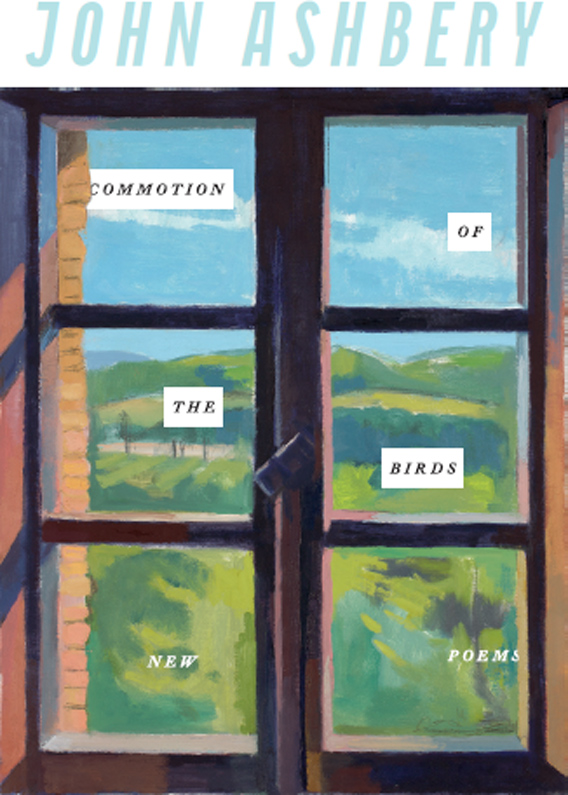Rendering poetry in a digital format presents several challenges, just as its many forms continue to challenge the conventions of print. In print, however, a poem takes place within the static confines of a page, hewing as close as possible to the poets intent, whether its Walt Whitmans lines stretching to the margin like Route 66, or Robert Creeleys lines descending the page like a string tie. The printed poem has a physical shape, one defined by the negative space that surrounds ita space that is crafted by the broken lines of the poem. The line, as vital a formal and critical component of the form of a poem as metaphor, creates rhythm, timing, proportion, drama, meaning, tension, and so on.
Reading poetry on a small device will not always deliver line breaks as the poet intendedwith the pressure the horizontal line brings to a poem, rather than the completion of the grammatical unit. The line, intended as a formal and critical component of the form of the poem, has been corrupted by breaking it where it was not meant to break, interrupting a number of important elements of the poetic structurerhythm, timing, proportion, drama, meaning, and so on. Its a little like a tightrope walker running out of rope before reaching the other side.
There are limits to what can be done with long lines on digital screens. At some point, a line must break. If it has to break more than once or twice, it is no longer a poetic line, with the integrity that lineation demands. On smaller devices with enlarged type, a line break may not appear where its author intended, interrupting the unit of the line and its importance in the poems structure.
We attempt to accommodate long lines with a hanging indentsimilar in fashion to the way Whitmans lines were treated in books whose margins could not honor his discursive length. On your screen, a long line will break according to the space available, with the remainder of the line wrapping at an indent. This allows readers to retain control over the appearance of text on any device, while also indicating where the author intended the line to break.
This may not be a perfect solution, as some readers initially may be confused. We have to accept, however, that we are creating poetry e-books in a world that is imperfect for themand we understand that to some degree the line may be compromised. Despite this, weve attempted to protect the integrity of the line, thus allowing readers of poetry to travel fully stocked with the poetry that needs to be with them.
Dan Halpern, Publisher
Were moving right along through the seventeenth century.
The latter part is fine, much more modern
than the earlier part. Now we have Restoration Comedy.
Webster and Shakespeare and Corneille were fine
for their time but not modern enough,
though an improvement over the sixteenth century
of Henry VIII, Lassus and Petrus Christus, who, paradoxically,
seem more modern than their immediate successors,
Tyndale, Moroni, and Luca Marenzio among them.
Often its a question of seeming rather than being modern.
Seeming is almost as good as being, sometimes,
and occasionally just as good. Whether it can ever be better
is a question best left to philosophers
and others of their ilk, who know things
in a way others cannot, even though the things
are often almost the same as the things we know.
We know, for instance, how Carissimi influenced Charpentier,
measured propositions with a loop at the end of them
that brings things back to the beginning, only a little
higher up. The loop is Italian,
imported to the court of France and first despised,
then accepted without any acknowledgment of where
it came from, as the French are wont to do.
It may be that some recognize it
in its new guisethat can be put off
till another century, when historians
will claim it all happened normally, as a result of history.
(The baroque has a way of tumbling out at us
when we thought it had been safely stowed away.
The classical ignores it, or doesnt mind too much.
It has other things on its mind, of lesser import,
it turns out.) Still, we are right to grow with it,
looking forward impatiently to modernism, when
everything will work out for the better, somehow.
Until then its better to indulge our tastes
in whatever feels right for them: this shoe,
that strap, will come to seem useful one day
when modernisms thoughtful presence is installed
all around, like the remnants of a construction project.
Its good to be modern if you can stand it.
Its like being left out in the rain, and coming
to understand that you were always this way: modern,
wet, abandoned, though with that special intuition
that makes you realize you werent meant to be
somebody else, for whom the makers
of modernism will stand inspection
even as they wither and fade in todays glare.
Unwillingly, O queen, I left your shore.
Bleeding today, I need you to work with him.
It was the summer of long pants and locusts.
Few could abide his storming at them, none
tried to escape. It was only natural to shrug off
the latest mingled warning, as though it were a commercial
for cake mix.
One, foxier than the rest,
perceived a rest in the order for that evening.
Chickens were running around, but it was the stricture
between heel and toe that captured the gripe water
crystallinely. It wasnt your fault, you see,
that a single potato emerged from the vast how-to library.
The others had long since cashed in their chips and traipsed
homeward. Fear was a small flare on the horizon.
I tell you, it was then I knew you were chasing me,
mockery on your lip during the morning meet-and-greet.
Others than I saw the vast
punch pushing love up toward the surface. To do nothing
was our ancient privilege. And though wed talked about it later,
it always felt unacknowledged, as though we never met,
only passed each other in some narrow alley, where brushing
against ones neighbor was unavoidable, not putrid.
The four-foot hero sandwich says, Im here!
Dozens of golden canaries bask in the receptacle
its loose panniers provided. And all right, I said I
wouldnt do it if I was him. We quarreled and separated
as though forever. And a warm feeling
came to replace that other receptacle of pain,
the long-lounging postmark, from the mountains that summer.
Do not fear the gulches
asleep on the farm. It didnt die like that.
Dont go buying anything
and go do something. And very tired, dog-tired,
sometimes I think we were better off
before all the new inventionsthe trompe-loeil fried egg,
the American flea. I didnt die like that.
This is how we usually
yes it is too like that
get it on...
Much of this has little to do
with how we shaved and behaved,
or mixed doubles.
Youre right, the gargantuan sales are over.
I guess my question (a humble bricklayer) is
kiss it and make it go away; the comedy-on-the-train operetta,
a huge success when it opened in Shanghai,
sewn right-leg to right-leg.
Life is a short short story
with explosive simmering.
Who else dya like in poetry?
We didnt have time for lunch.
Be ready to hug your glass star.
Id advise you to.
Are you scorpion enough to even try?
No-good green parents accrue in fives.
He doesnt want to do it himself, then
beautiful, and happy
under a coat of vanish, er, varnish.
(Not in pharmacies) it went viral.

